Transporting a gun through Massachusetts requires strict adherence to state laws and regulations to ensure legality and safety.
This guide will outline the essential steps and considerations for safely transporting firearms within the state.
From understanding licensing requirements to proper storage and compliance with Massachusetts gun laws, gun owners must be well-informed and responsible.
Whether you’re moving firearms between locations or traveling through Massachusetts with a gun, following the correct procedures is essential to avoid legal repercussions and promote public safety.
Individuals can transport guns through Massachusetts confidently and lawfully by prioritizing compliance with state regulations and practicing responsible firearm ownership.
Let’s delve into the specifics of how to transport a gun through Massachusetts while adhering to legal requirements and ensuring safety for yourself and others. So, stay focused.
Understanding Massachusetts Gun Laws
Massachusetts stands out for its stringent gun laws, driven by a commitment to curbing gun violence and safeguarding public welfare.
To navigate the legal landscape of firearm ownership in the state, individuals must grasp the intricacies of these regulations.
Below, we delve into the core facets of Massachusetts’ gun laws, shedding light on key requirements and restrictions.
Licensing Requirements
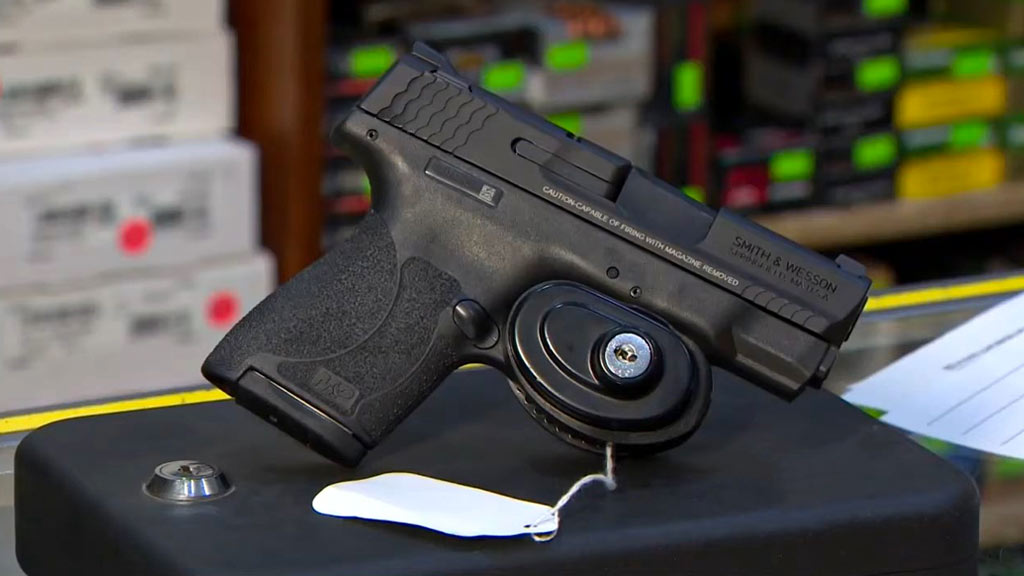
Obtaining a License to Carry (LTC) or a Firearms Identification Card (FID) is mandatory for lawful firearm possession in Massachusetts.
The LTC permits concealed carry, while the FID allows ownership of certain firearms like non-large capacity rifles and shotguns.
Background Checks
Prospective firearm owners undergo rigorous background checks as part of the licensing process.
These checks evaluate criminal history, mental health records, and other relevant factors to ensure the applicant’s suitability for firearm possession.
Private Sales Regulations
Private firearm sales in Massachusetts are subject to background checks conducted through licensed dealers.
This requirement aims to close loopholes and prevent firearms from falling into the hands of individuals who pose a risk to public safety.
Assault Weapons Ban
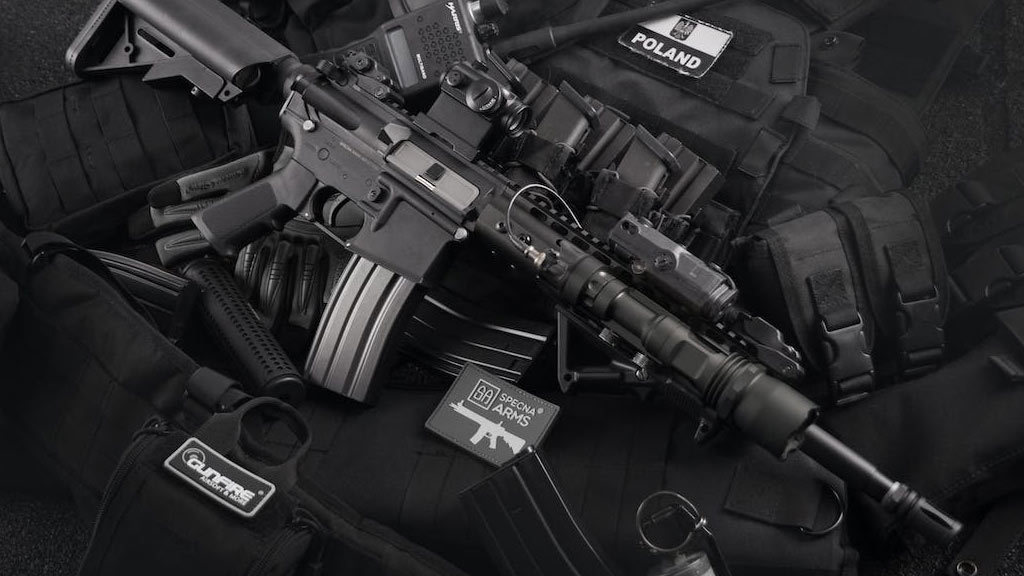
Massachusetts enforces strict restrictions on assault weapons and high-capacity magazines to mitigate the risk of mass shootings and firearm-related violence.
This ban prohibits selling, possessing, and transferring specified firearms and accessories.
Storage, Transportation, and Carrying Regulations
Massachusetts imposes comprehensive regulations governing firearms storage, transportation, and carrying.
These regulations dictate proper storage measures to prevent unauthorized access, guidelines for transporting firearms safely, and restrictions on carrying firearms in public places.
Penalties for Violations
Violations of Massachusetts’ gun laws carry severe penalties, including fines and imprisonment.
Enforcement of these penalties underscores the state’s commitment to upholding the integrity of its firearm regulations and protecting the public from gun-related harm.
Legal Requirements for Transporting Firearms in Massachusetts
In Massachusetts, transporting firearms requires specific legal requirements to ensure safety and compliance with state regulations.
Whether moving firearms between locations or transporting them for activities such as hunting or target shooting, adherence to these laws is crucial.
Here are some of the key points regarding the legal requirements for transporting firearms in Massachusetts:
Unloaded and Encased
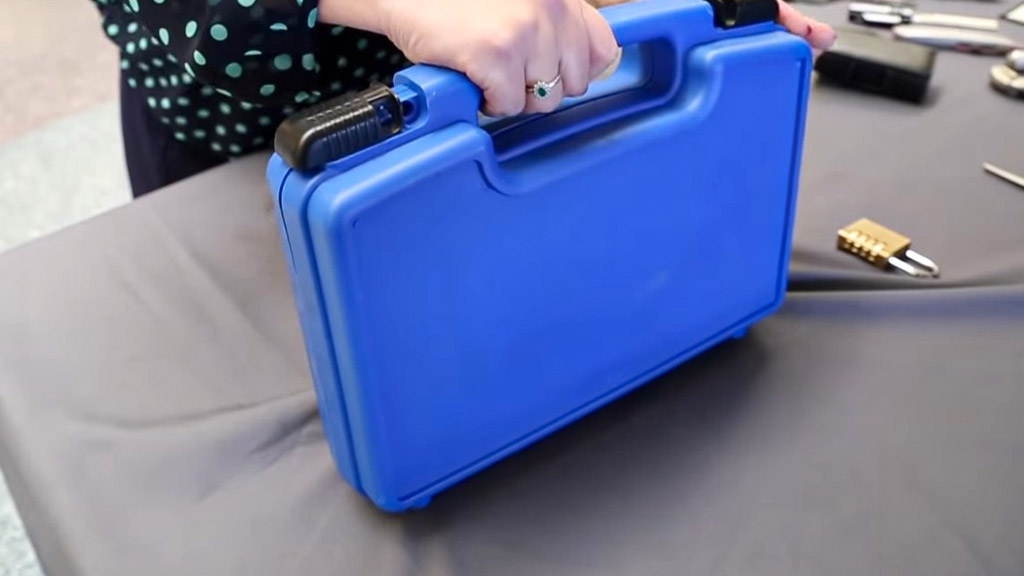
Massachusetts law mandates that firearms must be unloaded and enclosed in a case during transportation.
Acceptable cases include gun cases, locked vehicle trunks, or other secure containers. This requirement ensures that firearms are inaccessible and reduces the risk of accidents or unauthorized access.
Ammunition Separation
To comply with Massachusetts regulations, ammunition should be stored separately from firearms during transportation.
Keeping ammunition in a distinct container or compartment prevents accidental loading and enhances safety by minimizing the risk of discharge.
Locked Storage
Firearms transported in vehicles must be secured in a locked container or area, such as a locked glove compartment or trunk.
This measure ensures that firearms remain inaccessible to unauthorized individuals, maintaining safety and legal compliance.
Exceptions for LTC Holders
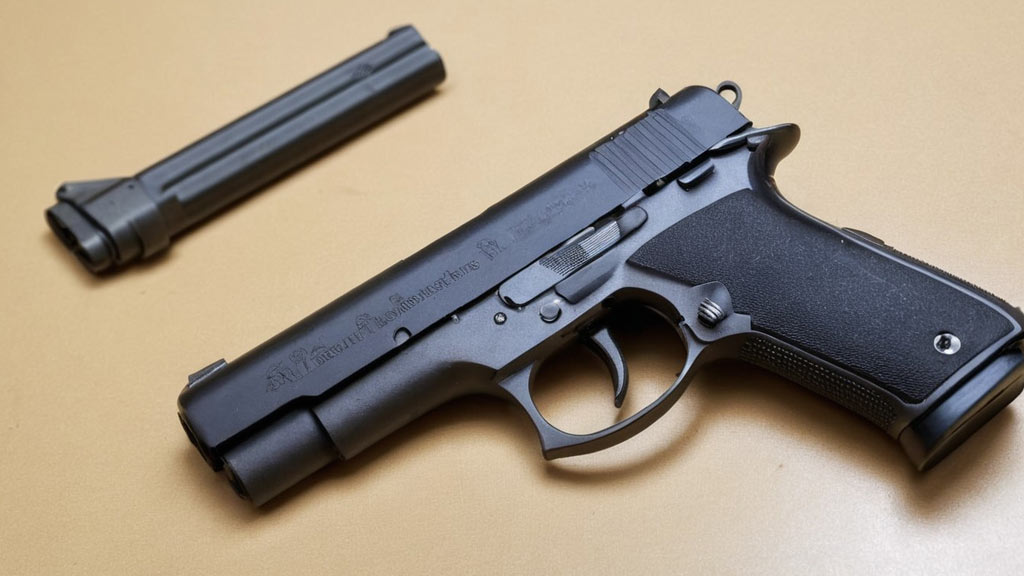
While LTC holders can transport loaded firearms in certain circumstances, they must maintain immediate control over the gun or carry it openly.
This exception acknowledges the additional training and responsibility associated with holding an LTC.
Traveling through Multiple States
Awareness of firearm laws in each jurisdiction is crucial when traveling through multiple states. Understanding and adhering to these laws ensures compliance and prevents legal issues while crossing state lines.
Notification to Law Enforcement
While not obligatory, informing law enforcement officers about the presence of firearms during interactions can foster transparency and prevent misunderstandings.
However, it’s not a legal requirement in Massachusetts, though it’s prudent to exercise discretion in such situations.
Following these legal requirements for transporting firearms in Massachusetts is essential to avoid potential legal consequences and ensure your own and others’ safety.
How to Transport a Gun Through Massachusetts?
Transporting a gun through Massachusetts requires adherence to the state’s strict gun laws to ensure legality and safety. Here’s a step-by-step guide on how to transport a firearm through Massachusetts:
Ensure Legal Ownership
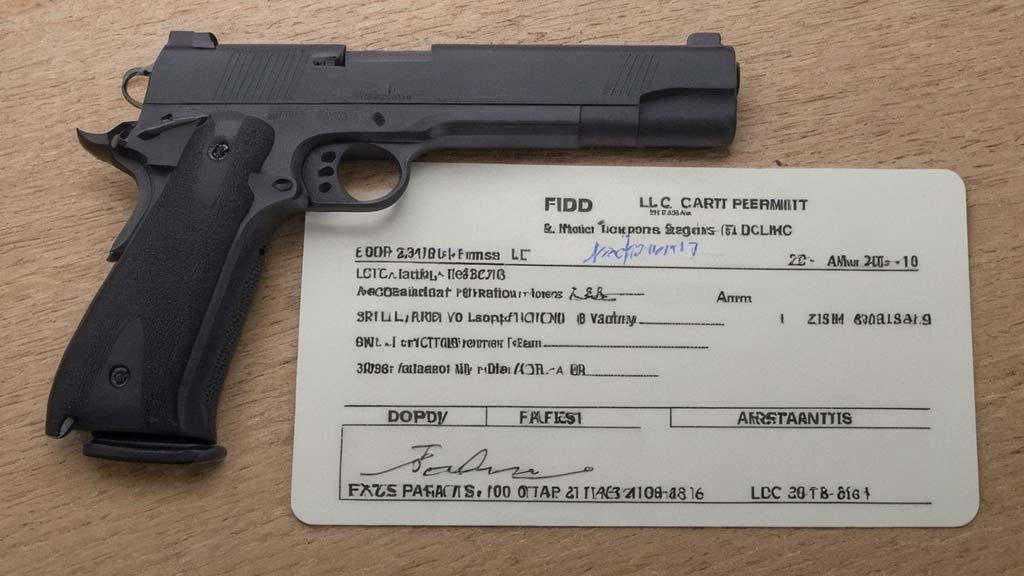
Before transporting any firearm, ensure that you legally own it and have the appropriate permits or licenses required by Massachusetts law, such as a Firearms Identification Card (FID) or a License to Carry (LTC).
Verify Firearm Compliance
Ensure the firearm complies with Massachusetts laws regarding permissible firearm types, magazine capacity, and other relevant regulations. Certain guns, such as assault weapons, may be prohibited in the state.
Unload the Firearm
Before transporting, ensure the firearm is completely unloaded. Remove all ammunition from the gun and verify that the chamber and magazine are empty.
Transport in a Secure Manner
When transporting the firearm in a vehicle, place the locked case containing the gun in the trunk or another area inaccessible to the driver and passengers. If the car lacks a separate trunk, secure the case in the rear of the vehicle.
Secure the Firearm in a Case
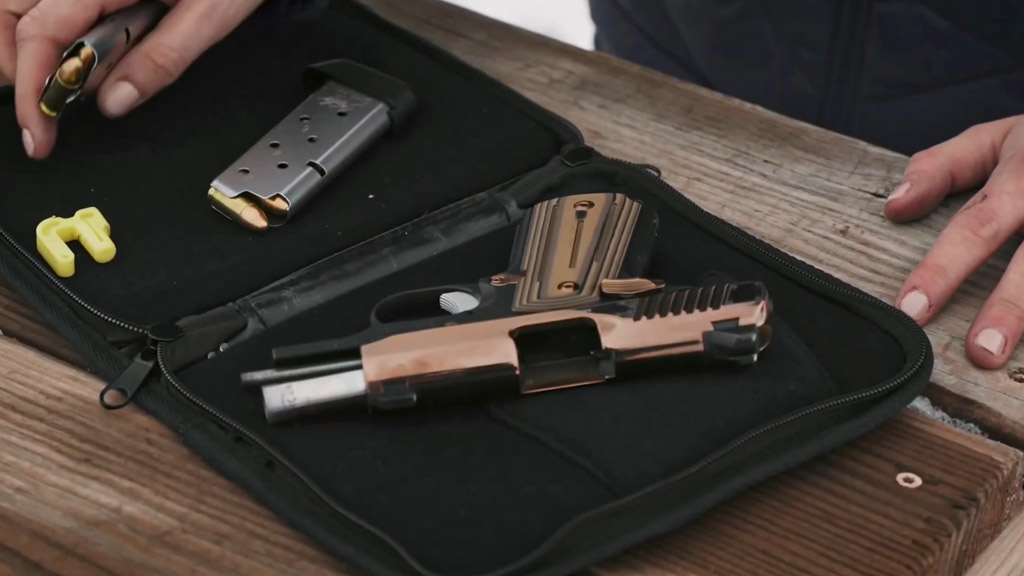
Place the unloaded firearm in a locked container or a secure gun case. The case should fully enclose the firearm and have a lock that prevents unauthorized access. Lock the case to prevent tampering.
Store Ammunition Separately
Keep any ammunition separate from the firearm during transport. Store it in a separate container or compartment from the gun, ensuring it’s inaccessible to unauthorized individuals.
Avoid Unauthorized Stops
While traveling through Massachusetts, avoid making unnecessary stops, especially in areas where firearms possession may be restricted, such as schools or government buildings.
Know Your Rights and Responsibilities
Familiarize yourself with Massachusetts gun laws, including transportation regulations, to ensure compliance and avoid legal issues. Be prepared to present necessary permits or licenses if required by law enforcement.
Following these steps and adhering to Massachusetts gun laws, you can safely and legally transport a firearm through the state. It’s essential to prioritize safety, compliance, and responsible gun ownership.
Additional Tips for Safe and Legal Transportation
In addition to the basic steps outlined earlier, here are some additional tips for safe and legal transportation of firearms in Massachusetts:
Research Local Laws
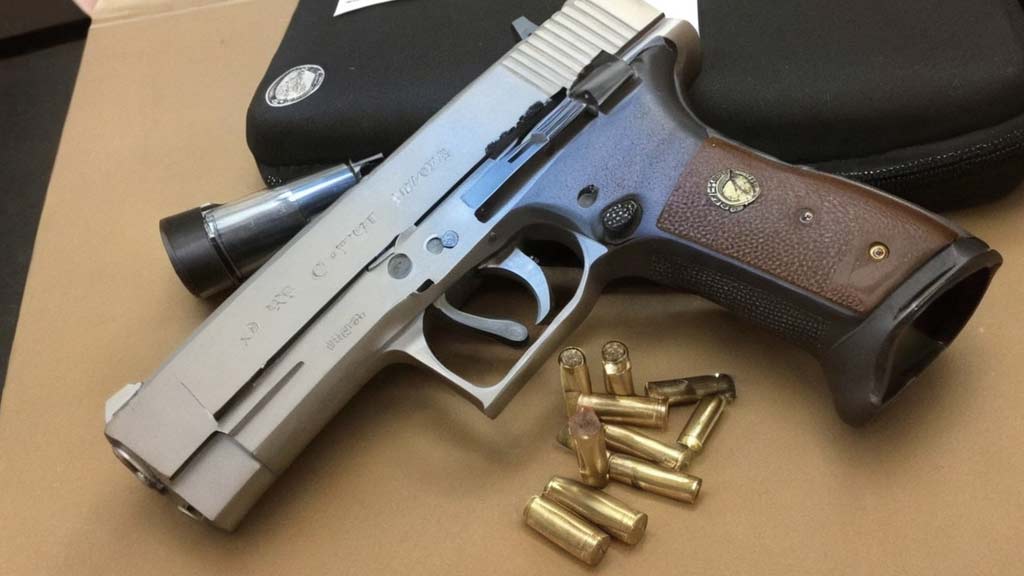
Apart from state laws, familiarize yourself with local ordinances and regulations in the specific areas you’ll travel through. Some cities and towns may have additional restrictions or requirements regarding firearm transportation.
Stay Informed
Keep yourself updated on any changes to Massachusetts gun laws or regulations that may affect the transportation of firearms. This includes staying informed about court rulings, legislative updates, or administrative changes.
Secure Firearms at Home
When not transporting firearms, ensure they are securely stored at home in a locked safe or cabinet, inaccessible to unauthorized individuals, especially children or individuals prohibited from possessing firearms.
Practice Discretion
While transporting firearms, avoid drawing unnecessary attention to yourself or the fact that you’re carrying firearms. Keep a low profile and refrain from discussing the presence of weapons with strangers or in public settings.
Maintain Documentation
Carry relevant documents such as your Firearms Identification Card (FID), License to Carry (LTC), or any other permits required by Massachusetts law.
Having these documents readily available can expedite interactions with law enforcement if needed.
Follow Best Practices
In addition to legal requirements, follow best practices for firearm safety during transportation. This includes handling firearms responsibly, avoiding reckless behavior, and always prioritizing safety.
Plan Ahead
Before traveling with firearms, carefully plan your route and itinerary, considering any potential detours or stops. This can help minimize unexpected situations and ensure a smooth and lawful journey.
Seek Legal Advice if Unsure
If you’re unsure about any aspect of transporting firearms in Massachusetts or have questions about specific scenarios, consider seeking legal advice from a qualified attorney specializing in firearm laws.
Incorporating these additional tips into your transportation practices can enhance safety, minimize legal risks, and ensure responsible firearm ownership while traveling in Massachusetts.
FAQs
Can I transport ammunition together with a firearm in Massachusetts?
It’s legal to transport ammunition with a firearm in Massachusetts, but they must be stored separately during transport. Ammunition should be kept in a separate container or compartment from the gun to comply with state regulations.
Can I openly carry a firearm in my vehicle while traveling through Massachusetts?
Openly carrying a firearm in a vehicle is generally not permitted in Massachusetts.
Firearms must be stored in a locked container or case, unloaded and inaccessible to occupants, even for individuals with a License to Carry (LTC).
Do I need to inform law enforcement if I’m transporting a firearm through Massachusetts?
While not legally required, it’s advisable to inform law enforcement officers if you’re transporting a firearm during interactions such as traffic stops. This can help prevent misunderstandings and ensure compliance with state laws.
Are there restrictions on the types of firearms I can transport through Massachusetts?
Yes, Massachusetts imposes restrictions on certain types of firearms, such as assault weapons and high-capacity magazines.
Ensure that any firearm you transport complies with state regulations regarding permissible firearm types and features.
Wrapping Up
So, understanding how to transport a gun through Massachusetts is crucial for gun owners to ensure legal compliance and safety.
Individuals can transport firearms responsibly by following the state’s strict regulations, including proper storage, separation of ammunition, and adherence to licensing requirements.
Additionally, staying informed about any updates or changes to Massachusetts gun laws is essential to avoid legal issues.
Prioritizing safety and responsible firearm ownership while traveling through the state is paramount to preventing accidents and promoting public safety. Thank you so much.
Naim Benmayor